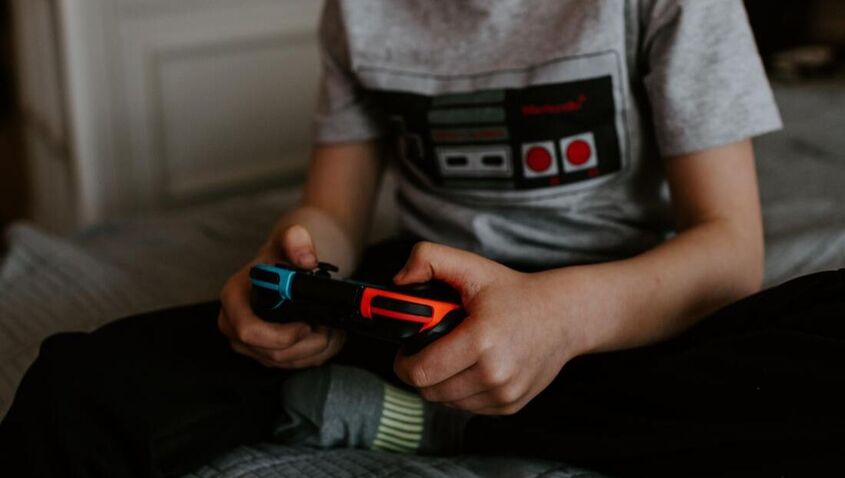|
Photo by Kelly Sikkema on Unsplash In Digital Literacies: Video games and digital literacies, Steinkuelher (2010) defines a problem around parent and teacher perceptions of video games. The author explains that despite the less than savory perceptions teachers and parents hold about video games, there is a growing body of research in literacy studies investigating their merits (Gee, 2007). Contributing to the unsavory perception of video games is The Reading at Risk report (Bradshaw & Nichols, 2004) that situate games in direct opposition of reading. Steinkuelher claims that such reports ignore evidence that contradicts or "problematizes such claims" (p. 61). Taking an information ecology perspective, Steinkuelher seeks to explore through her paper what the relationship between video games and literacy, print or otherwise is.
She writes that there are two perspective on games and literacy. The first asserts that video game play is a form of digital literacy. The second perspective can be observed when "we widen our focus" (p. 61). Steinkuelher writes that "If we widen our focus from the 'individual player + technology' to the online community that emerges around any successful game title, we find that video games lie at the nexus of a complex constellation of literacy practice" (Steinkuehler, 2007, p. 61). Working from this perspective, the author concludes that video games and literacy have a strong mutual relationship. Working from this assumption, the author questions why there is such a disconnect between games and classrooms. To illustrate how for some boys gaming works against them at school, Steinkuelher shares a story about a student named Julio. Through this story, she connects the dots. Julio identifies as a gamer. His brother is into games and his mother is described as ambivalent towards them. Julio is also failing English language arts and described as "entirely disengaged" (p. 62). Despite Julio's failing English language arts grade, outside of school he's an avid reader of video game narratives and the author of three books of his own. Julio is an avid reader and writer of fan fiction. This gives him "authority and social capital" amongst a group of his peers. Julio checks facts for his books using online texts, he expands his knowledge by choosing television shows that that support his interests, he plays games from various time periods and narratives that he's interested in, and shares his knowledge with his peers. Despite Julio's obvious digital literacy outside of school, he refuses to engage in assigned readings in class. Steinkuelher explains that when Julio reached the eighth grade, she measured his reading level and found that he was reading three grade levels behind. When asked to read from a social studies text the results were the same. However, when Julio was given permission to choose the topic he would read about, he read independently at a twelfth grade level. Steinkuelher concludes that story shows that "Video games are a legitimate medium of expression" (p. 63). One critique of this article is the blanket statements the author makes about parent and teacher perceptions around video games. Steinkuelher asks "Why, then, is there such immense disconnect between games and classrooms? Parents and teachers typically loathe video gaming and go to great lengths trying to curb it rather than cultivate it" (p. 62). As a teacher I have never loathed video games nor have I found that my colleagues typically loathe them either. I also think the emergence of eSports has started to shift lingering unsavory perceptions that the author discussed in the introduction. I won't say that all parents and teachers embrace gaming, but I certainly wouldn't claim that the immense disconnect that may have existed when this article was published remains immense today. Reference Steinkuelher, C. (2010). Digital literacies: Video games and critical literacies. Journal of Adolescent & Adult Literacy, 54(1), 61-63. Comments are closed.
|
Archives
December 2022
Categories
All
|

